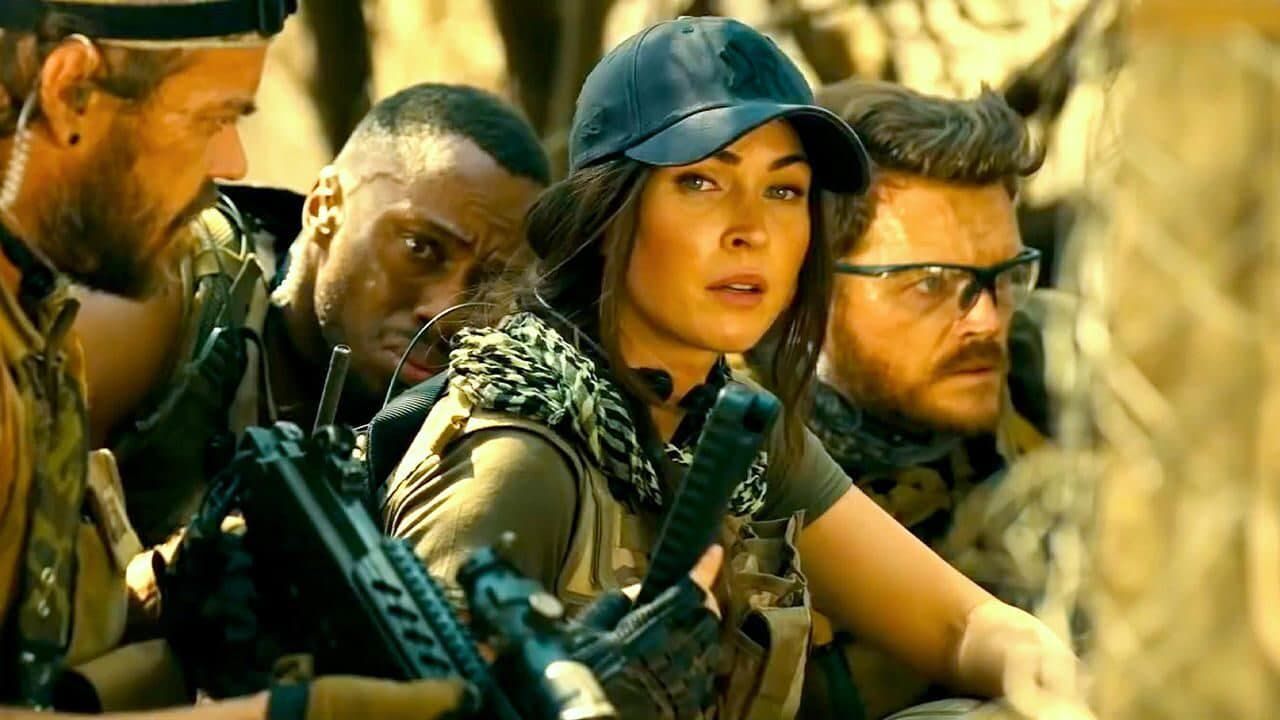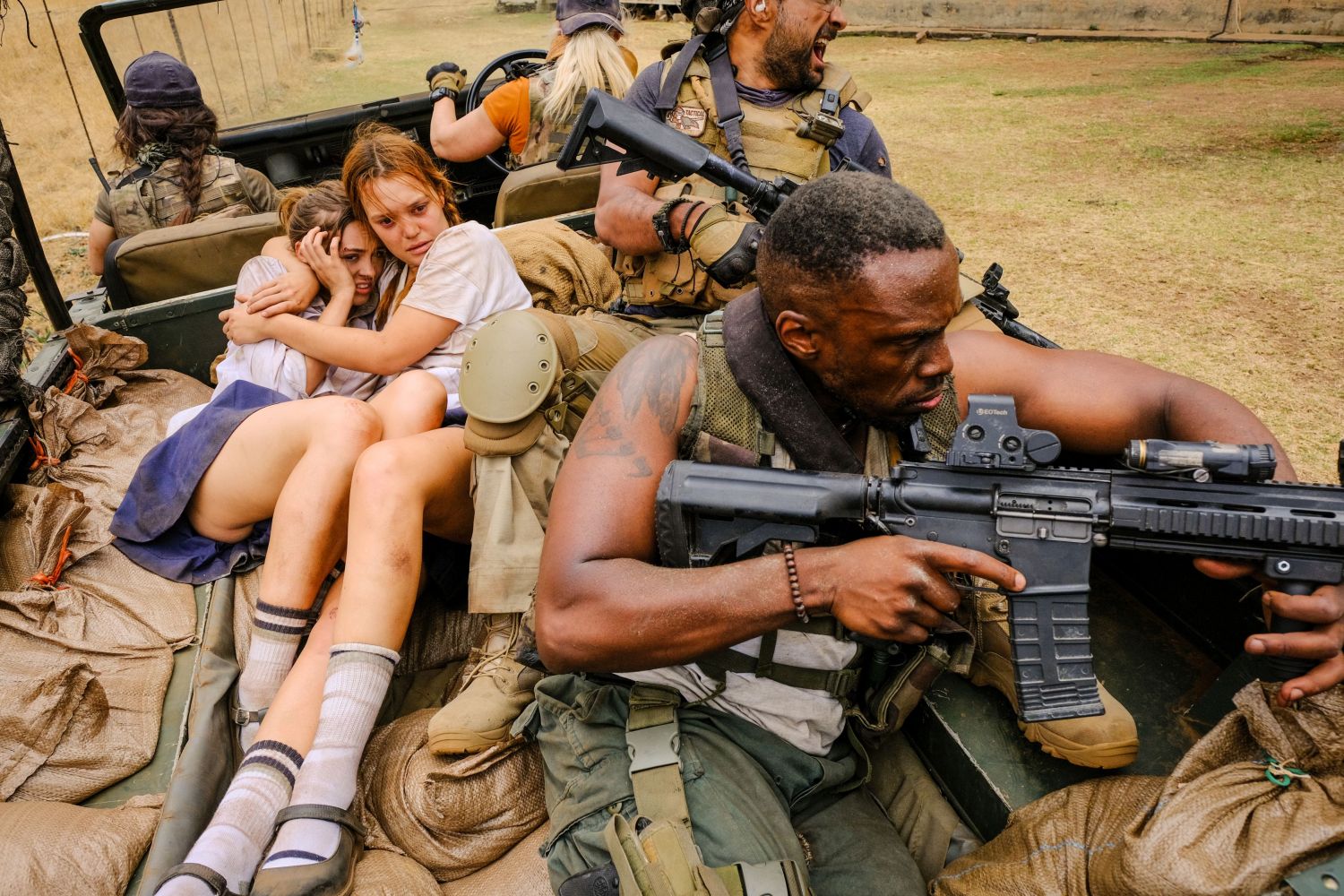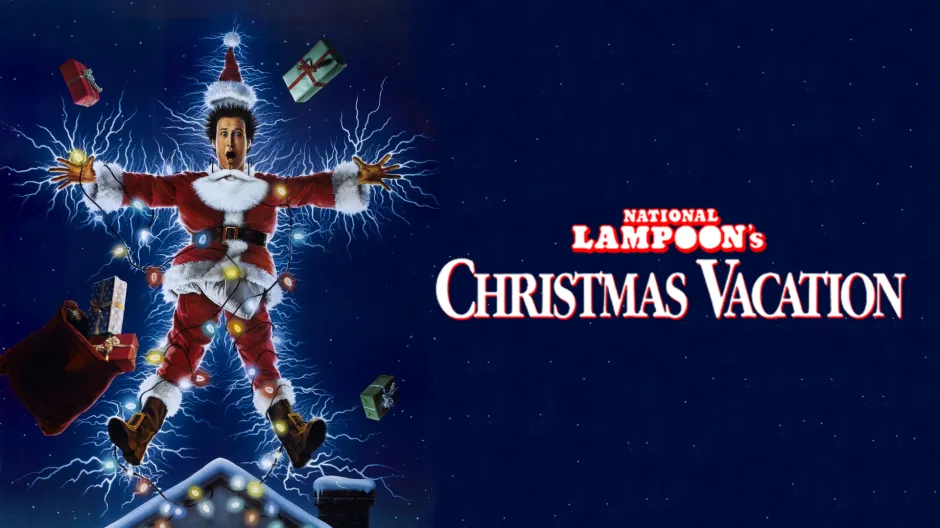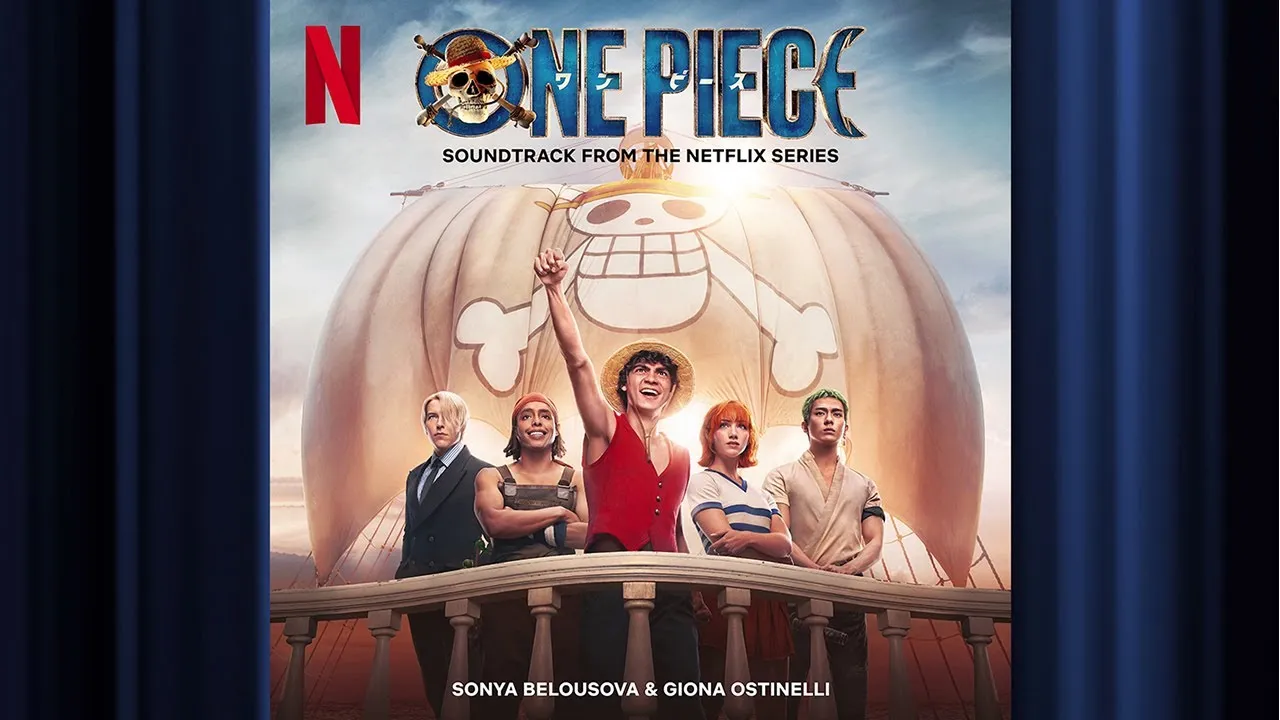At first glance, Rogue (2020) looks like another straight-to-streaming action flick: a mercenary unit on a mission in Africa, an impossible rescue op, explosions, bloodshed, and a rogue predator stalking them in the shadows. But beneath its gritty surface, the film offers a surprising blend of survival thriller, anti-poaching message, and female-led action drama. It's messy, uneven, and at times wildly implausible — but it's also strangely ambitious and more thoughtful than its marketing suggests.
Directed and co-written by M.J. Bassett (Solomon Kane, Silent Hill: Revelation), Rogue casts Megan Fox in an unexpected lead role as Samantha O’Hara, a hardened mercenary leading a team of elite soldiers on a mission to rescue the kidnapped daughter of a governor from a warlord’s compound in a remote region of East Africa. What begins as a high-stakes extraction quickly spirals into a fight for survival when their escape chopper fails, they're stranded in enemy territory, and something primal starts stalking them through the grasslands.
Fox, long pigeonholed as eye candy in Hollywood, is given a rare opportunity here to lead an action film with grit rather than glamour. And she mostly pulls it off. While her performance doesn't completely shed the stylized action tropes — flawless hair, tactical gear worn like designer fashion — she brings a calm, no-nonsense energy to the role. O’Hara isn’t a wisecracking hero or an emotionless machine. She’s a leader doing a job — and that job happens to involve firefights, tough moral calls, and a rogue lion.

Yes, a lion.
One of the most interesting elements of Rogue is its genre-hopping structure. What begins as a military action film quickly veers into creature-feature territory. When the mercenaries hole up in an abandoned game farm, they discover signs of illegal poaching and animal trafficking — and then realize they’re not alone. A rogue lioness, having escaped captivity and lost her pride, begins stalking the humans — not out of malice, but desperation. This twist adds a layer of tension and subtext: both the humans and the lioness are out of their element, both are survivors of trauma, and both are caught in a system of violence beyond their control.
The film leans heavily into its African setting, with panoramic drone shots of sun-baked plains and sweeping grasslands. Cinematographer Brendan Barnes captures the raw beauty of the terrain, contrasting its vastness with the claustrophobia of the humans’ predicament. While the digital effects used for the lion aren’t always convincing — at times veering into uncanny territory — they’re serviceable enough to maintain suspense without completely breaking immersion.

What sets Rogue apart from other low-budget action films is its tone. It doesn’t rely on wisecracks or hyper-stylized violence. Instead, it plays things fairly straight, with characters making difficult decisions under pressure. There’s an earnestness in how the film portrays the human cost of conflict — particularly in its handling of the rescued girls, who are victims of both political violence and human trafficking. Their trauma isn’t exploited for shock value, but treated with a degree of sensitivity uncommon in the genre.
The supporting cast is a mixed bag. Some performances — particularly that of Philip Winchester as O’Hara’s second-in-command and Jessica Sutton as the kidnapped daughter Tessa — offer grounding moments. Others feel one-dimensional, victims of a script that sometimes struggles to balance action with character depth. The mercenary team never gets quite enough development to make each loss impactful, though the camaraderie among them occasionally shines through.
Still, Rogue is more ambitious than it had to be. M.J. Bassett, who has long worked in genre television and film, injects the story with thematic undercurrents about colonialism, exploitation, and the costs of ignoring both environmental and human suffering. The subplot about poaching and animal cruelty doesn’t feel tacked on; it’s integral to the story, and it adds surprising emotional weight to the film’s third act.

If there's a fault to be found, it’s in the pacing and tonal consistency. The film moves quickly from one threat to the next — warlords, lions, dehydration, betrayal — and it sometimes feels like it's trying to be three movies at once. The final confrontation between O’Hara and the lioness, for instance, is emotionally charged but visually clunky. It’s a sequence that aims for poetry but settles somewhere between suspense and schlock.
Yet there’s something commendable about Rogue’s refusal to stick to the safest path. It takes risks — casting Megan Fox against type, introducing an animal horror element, embedding social commentary in what could have been a throwaway action movie. The result isn’t perfect, but it’s memorable.
And perhaps most importantly, Rogue allows Megan Fox to do what Hollywood rarely gives women in action films: lead, command, and survive — not because she’s beautiful, but because she’s capable. Samantha O’Hara doesn’t rely on brute force or charm. She uses strategy, resilience, and empathy. She protects the innocent and makes sacrifices. She leads by example, not by bravado.
If Rogue were to inspire a sequel or spiritual successor, it might explore even more deeply the theme of human-animal conflict in war zones — a lens rarely used in mainstream cinema. There’s potential for a trilogy that follows O’Hara or a new protagonist through different regions, uncovering the intersections between environmental devastation, armed conflict, and survival — equal parts action, thriller, and eco-parable.
In the end, Rogue is not just an action film with a lion. It’s a story about survival in hostile terrain — physical, moral, emotional. It asks what it means to endure when everything has turned against you. And while its reach occasionally exceeds its grasp, it leaves a mark.
Because in the wild, it’s not always the strongest who survive.
It’s the ones who fight smart — and who don’t give up.
-1751446471-q80.webp)


-1751510377-q80.webp)